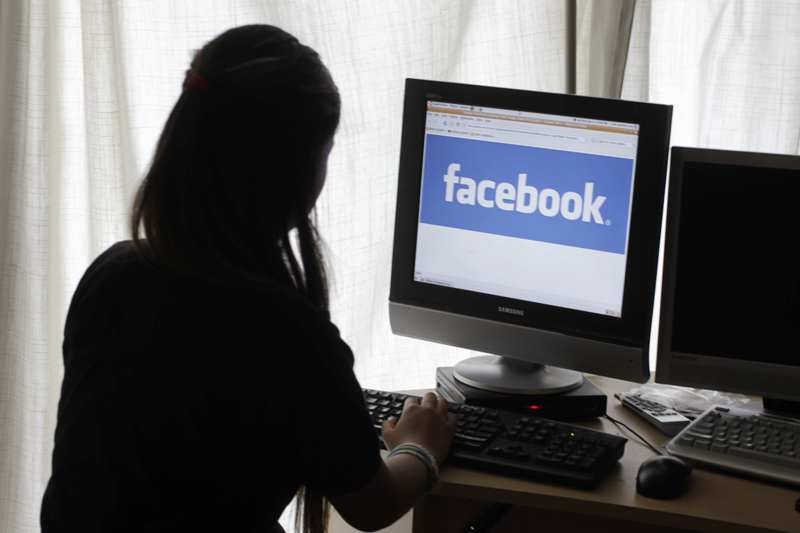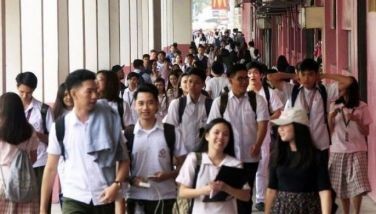Age of disinformation

AP/Paul Sakuma, File
MANILA, Philippines - Fake news is the real news.
Ironically, now that countless platforms of information are readily available 24/7, across the web, people are becoming more and more misinformed.
Author Dr. Tim Ball once wrote in an article published in a journal: “The greatest challenge facing mankind is the challenge of distinguishing reality from fantasy, truth from propaganda. Perceiving the truth has always been a challenge to mankind, but in the information age, (or as I think of it, the disinformation age) it takes on a special urgency and importance.”
Fake news outweighs real and balanced news. Due to the high volume of information stored on the Internet, fact-checking and fact authentication is a major issue in the Philippines today.
Take, for instance, the current status of fake news here in the Philippines.
Recently, newly appointed Presidential Assistant Communications Secretary Mocha Uson was tagged in another controversy for having spread fake news. Using her Facebook Page @MochaUsonBlog, which has more than five million followers, she used a picture of men in uniform who turned out to be Central American policemen. In her caption, she asked for prayers for the Philippine Army. On Uson’s defense, she said, “It’s a symbol of the army praying,” and that she never said the photo was that of the Philippine Army.
Even the Philippine News Agency (PNA) distributed alleged fake news. It is an implication that even government officials and employees – who ironically work for the government’s communication arm – are having difficulty identifying what is real news and oftentimes become propagators or distributors of fake news.
As Pilipino Star Ngayon editor-in-chief Al Pedroche said during a recent forum, “Fake news is not new.”
It leads people away from the truth. It is used by other people for their own interests such as black propaganda and to instill unnecessary fear in people’s heads. Especially now in the advent of the cyberage, not only fake news but also fear is being transported globally within a short period of time.
These instances lead us to the challenge of digital divide. As they say, the emergence of cyberspace aims to unite people together inside what Marshall McLuhan called the “global village”. But in reality, it also foments division.
The digital divide, in a context, would mean different levels of access to information and communication technologies (ICT) and to media that the different segments of society can use. But according to an article published on the Internet entitled The Digital Divide, ICT, and Broadband Internet, ICT-Information Communication Technologies, there is more to it than mere access. Literacy is key.
“Literacy is arguably another such element, although it is not related to any new technologies or latest technological devices. It is a very widely shared view in many societies that being literate is essential to one’s career, to self-guided learning, to political participation, and to Internet usage. Unfortunately, in the world, there are still 757 million adults including 115 million youths who cannot read or write a simple sentence,” it said.
This also goes to the literate but news-illiterate people, who have low skills in identifying what’s true or false, and what’s the difference between reality and virtual reality.
It all boils down to our individual choices. We have a choice: To be critics of everything that is happening around us, and to respond proactively to problems that our society currently faces.
We as media consumers have a choice to analyze the information that we receive – not just to consume without really understanding what we watch, read, and listen to. It also reminds the current generation, as main users of social media to be responsible and diligent in sharing messages and information.
Just as the New York Times’ campaign says: “Think before you click. No alternatives. Just facts.”
Anna Galura is currently a digital marketing specialist and an MA Communication student at the University of the Philippines Diliman. She’s on a pursuit to explore the world of digital technologies and social media.
- Latest
- Trending























